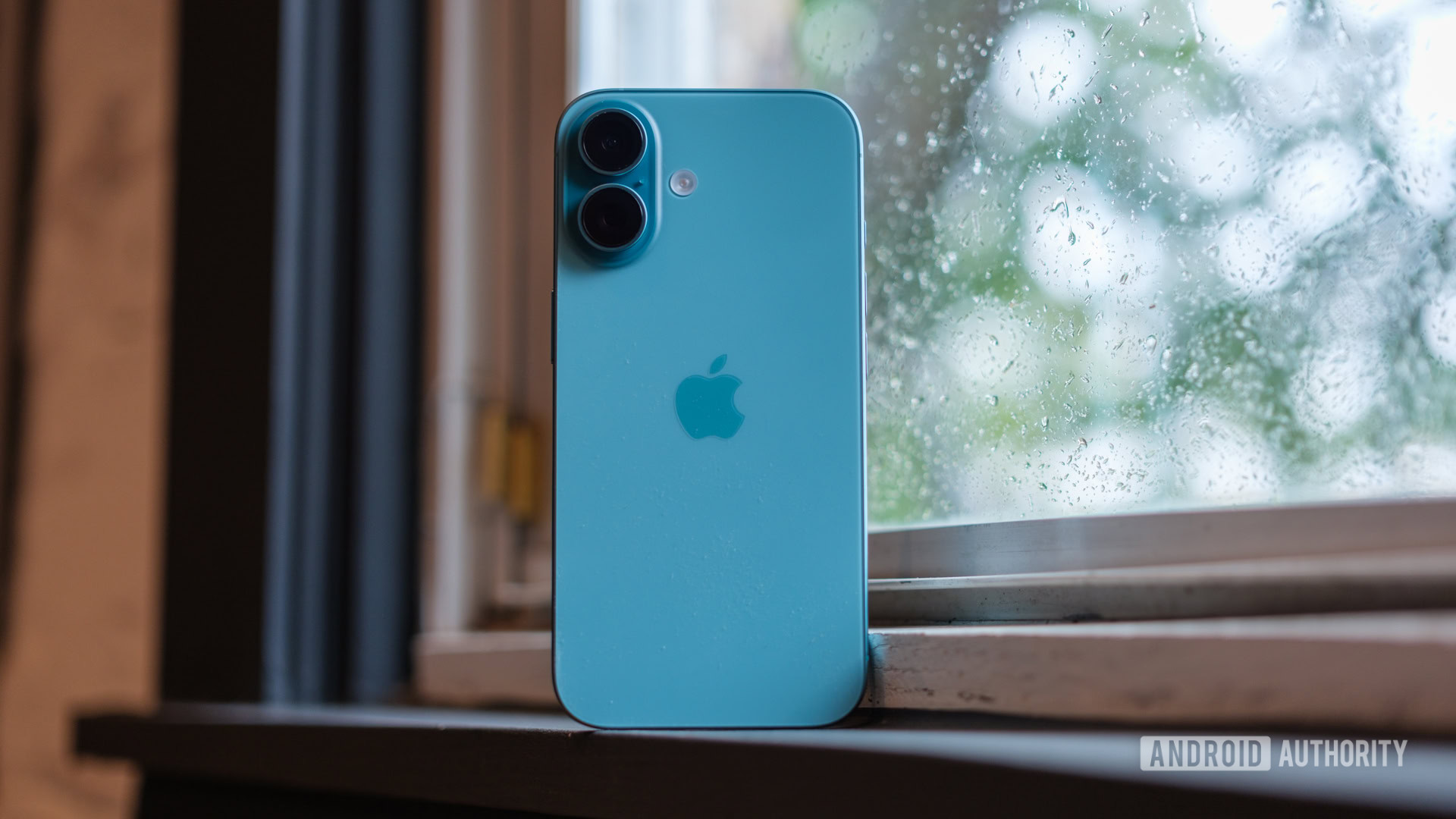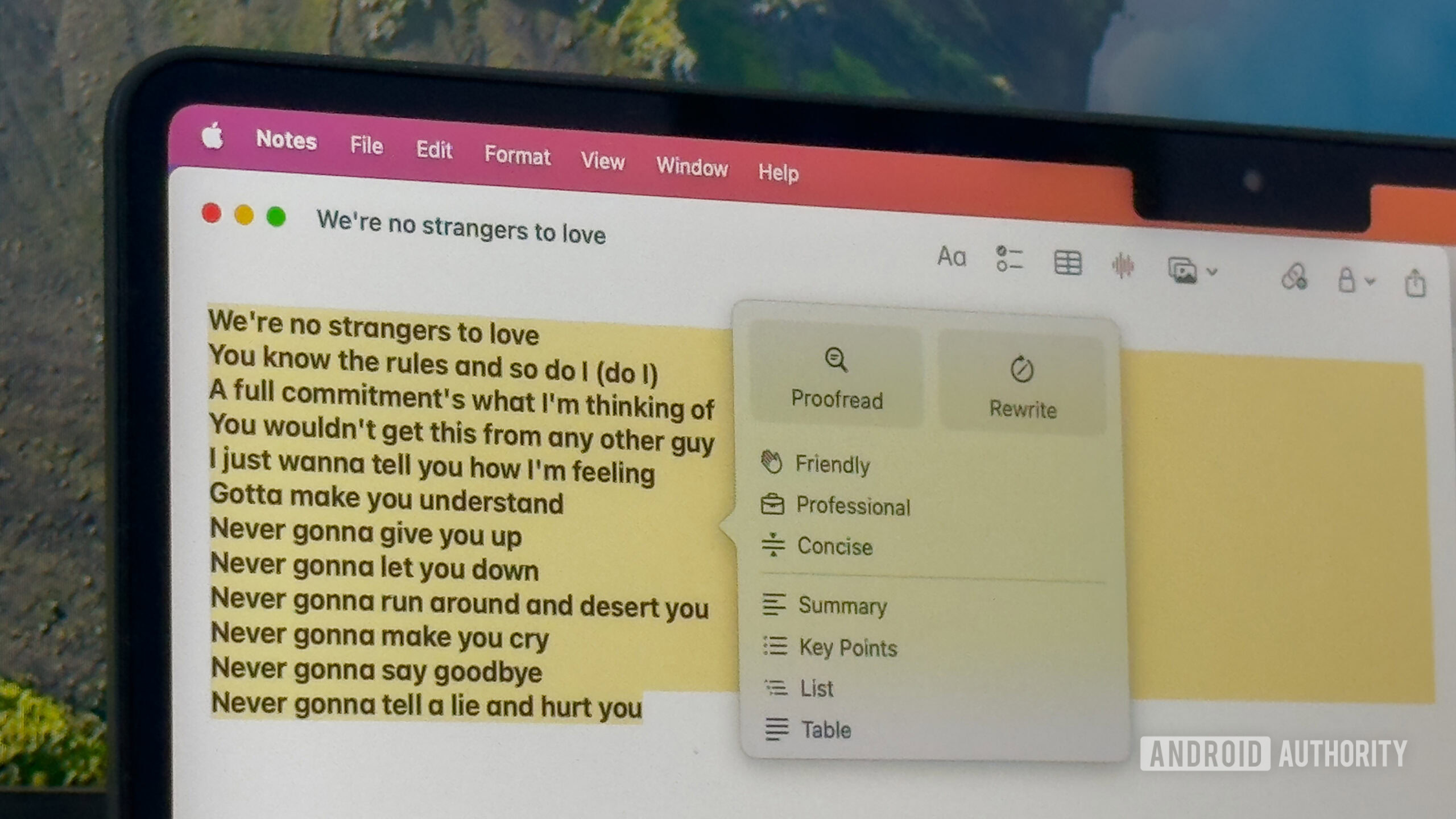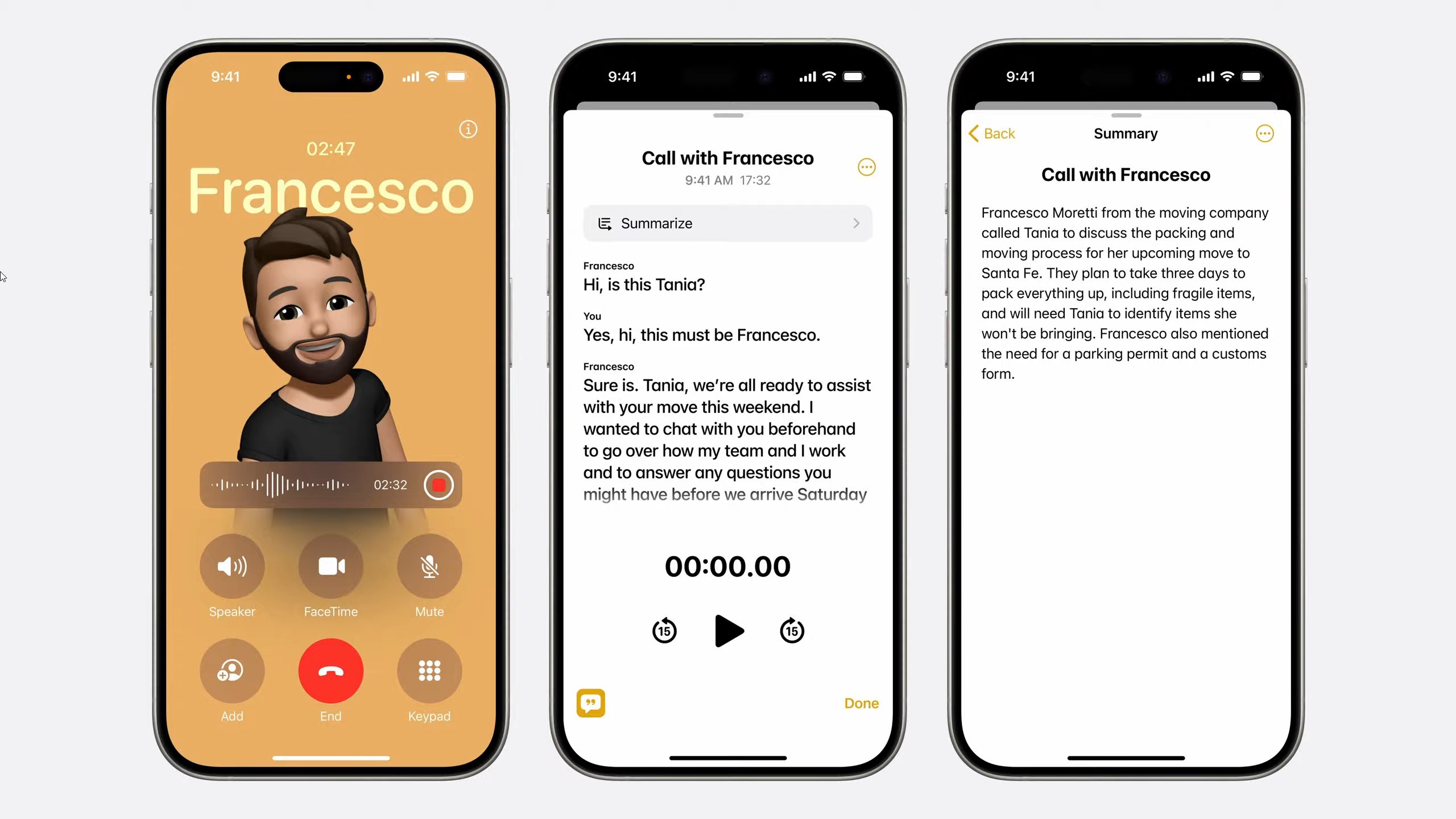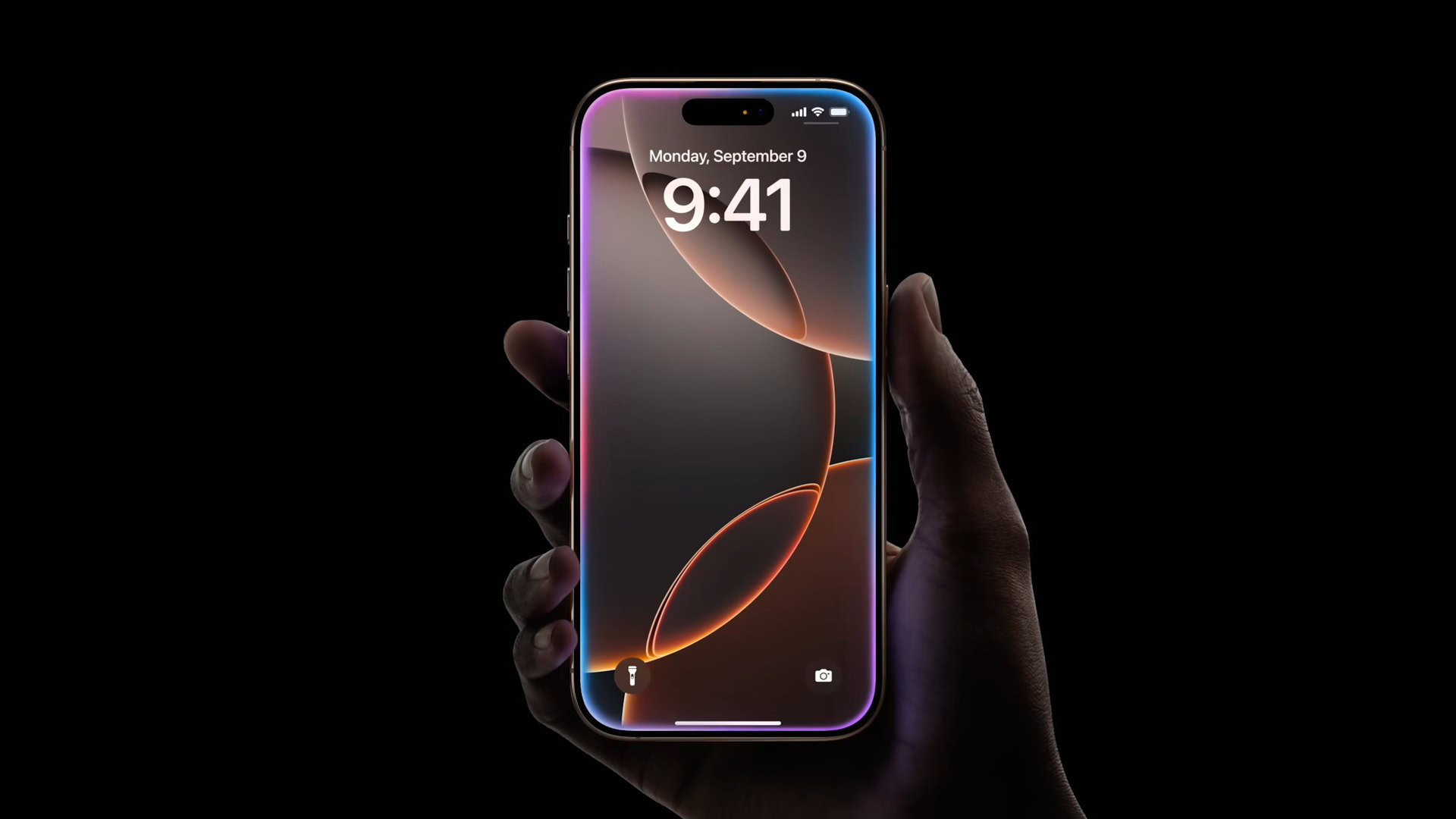
Ryan Haines / Android Authority
Virtually every single tech giant has jumped on the AI bandwagon and Apple is no exception. The iPhone maker has eschewed its typical wait-and-watch approach to new technologies in favor of an aggressive feature push to compete with Google and Samsung. And that’s how we got Apple Intelligence, a suite of AI features that promise to make your iPhone, iPad, and Mac more proactive and useful. But not every Apple Intelligence feature will make its way to your device right now and you may even have to wait until 2025 for some of the highlights.
So in this article, let’s break down which Apple Intelligence features you can use today, and which ones you’ll need to wait a bit longer for.
Apple Intelligence features available today
The first set of Apple Intelligence features have arrived with the iOS 18.1 update, starting October 28, 2024. The list of features include:
Writing Tools

Mahmoud Itani / Android Authority
You can now call upon Apple Intelligence to summarize, proof-read, and rewrite in any app or text field. Simply tap and hold any piece of editable text and you should see a list of available options. This is a handy feature to detect and correct errors and serves as an alternative to third-party tools like Grammarly. The rewrite tool also allows you to switch between various tones like Professional, Friendly, and Concise.
The December update will expand Writing tools with the ability to dictate specific writing styles. You could ask Apple Intelligence to rewrite a piece of text as a poem, for example.
AI-assisted notification management
Notifications have never been iOS’ strong suit but Apple Intelligence aims to remedy this long-standing deficiency with intelligent summaries. It can truncate and summarize dozens of chat messages, for example, saving you from reading through entire group conversations.
The Mail app will also use AI to push relevant emails like boarding passes to the top of your inbox. You can also see a summary below each email right within your inbox. When it’s time to respond, a feature called Smart Reply can help with drafting your reply. This is similar to suggested replies in Gmail, albeit with suggestions spanning more than just a few words.
Call recordings and summaries

The iPhone can finally record phone calls and will even create AI-generated summaries based on your conversations. Apple uses an on-device model for this task, so your personal data never leaves your device. All parties on the phone call also get notified when you activate this feature. You can also record audio clips within the Notes app and have Apple Intelligence transcribe and summarize them for you.
A new look for Siri

The first Apple Intelligence update gives Siri a brand new coat of paint. Specifically, you’ll now see a glowing light around the display’s edges when you invoke the digital assistant on an iPhone or iPad. However, don’t expect too many changes besides this redesign — the full Siri overhaul with generative AI capabilities will only arrive in subsequent updates. Still, you can now type Siri commands for the first time instead of using your voice and Apple says its natural language capabilities have improved with this update.
A gallery app that rivals Google Photos

Ryan Haines / Android Authority
The Photos app got a visual overhaul with iOS 18 and Apple Intelligence now fills in the gaps to make it a more full-fledged Google Photos competitor. It now includes natural language search, allowing you to use descriptive queries like “Sam playing basketball in blue shorts” to unearth matching shots from your library.
Next, a new Clean Up editing tool is meant to rival Google’s Magic Editor — it allows you to draw around distracting objects to eliminate them. The AI will fill in the gaps, making it look like the shot was captured without the removed elements.
Finally, a new Memories feature lets you create short movies using a text-based prompt like “Food highlights from our Thailand trip”. Apple Intelligence then uses its image intepretation skills to stitch together a storyline based on your text description and the pictures that match your criteria.
Apple Intelligence features coming in December 2024

Siri / Apple Intelligence
Apple has also confirmed that we’ll see another round of Apple Intelligence features arrive before the end of the year, or sometime in December, with the iOS 18.2 update. Here’s what you can expect to be bundled within it:
- Expanded Writing Tools: In addition to the suggested text transformations like Professional and Friendly, you will be able to provide written instructions like “make the text sound more excited”.
- Image Playground: Similar to Google’s Pixel Studio app, Apple’s Image Playground app will allow you to create cartoon-style images from simple text-based prompts.
- Image Wand: If you don’t quite want to start from scratch, Image Wand will let you turn your doodles in the Notes app into an AI-generated image. You don’t need an Apple Pencil either, meaning your notes can have rich media without too much extra effort.
- ChatGPT integration: Given that Siri remains limited in many areas, Apple will soon allow you to ask ChatGPT questions directly and even offer to fetch ChatGPT when Siri cannot handle complex queries. This should hopefully lead to more accurate responses. The Writing tools feature will get a ChatGPT integration too. Specifically, a new Compose feature will turn a short text-based prompt into a full piece of content — similar to Gmail’s Help Me Write, but for any text field.
- Genmoji: With the December update, you’ll be able to create custom emoji, dubbed Genmoji, using a simple text-based prompt. You can also add your own photos to influence the final look.
Unfortunately, some of the best parts of Apple Intelligence won’t arrive until 2025. These include the next-generation Siri that Apple showcased all the way back in June. This version of Siri will be able to read your screen’s context and communicate with other apps.
Which iPhone, iPad, and Mac do I need for Apple Intelligence?

Ryan Haines / Android Authority
Even though the iOS 18 update will make its way to devices as old as the iPhone XS, the AI suite won’t make its way to the vast majority of devices. This is because several components of Apple Intelligence use on-device models for better privacy, which requires newer hardware and extra memory. This is similar to Google only bringing Gemini Nano to newer Android devices. To that end, you’ll need one of the following devices to use Apple Intelligence:
- iPhone 16 series
- iPhone 15 Pro and Pro Max
- iPad with the M1 chip or later
- iPad Mini with the A17 Pro chip
- Any Mac with an M1 chip or later
How to enable and use Apple Intelligence
To use Apple Intelligence, you’ll first need to update your iPhone to iOS 18.1 and Mac to macOS 15.1. Next, you’ll need to change your device’s language to English (United States) as this is the only language supported by Apple Intelligence today. However, Apple Intelligence isn’t geo-restricted to the US so you can use it in most countries around the world.
Meeting these two requirements won’t grant you access to any AI features, though. Apple Intelligence still hasn’t exited its beta testing phase so you’ll need to manually opt-in and join a waitlist. Simply navigate to Settings > Apple Intelligence and flick the toggle to join this waitlist.
You may have to wait a few days to get access, but you will receive a notification once you’ve been accepted into the Apple Intelligence beta. Your device will then download the requisite AI models in the background, and finally grant you access to the above Apple Intelligence features.
Apple knows that modern generative AI has inherent risks that could damage its reputation. After all, Microsoft and Google saw investor sentiment and stock prices nosedive after just a single botched public demo. So it’s perhaps not surprising that Apple has taken a slow approach to releasing its own AI features.








 English (US) ·
English (US) ·